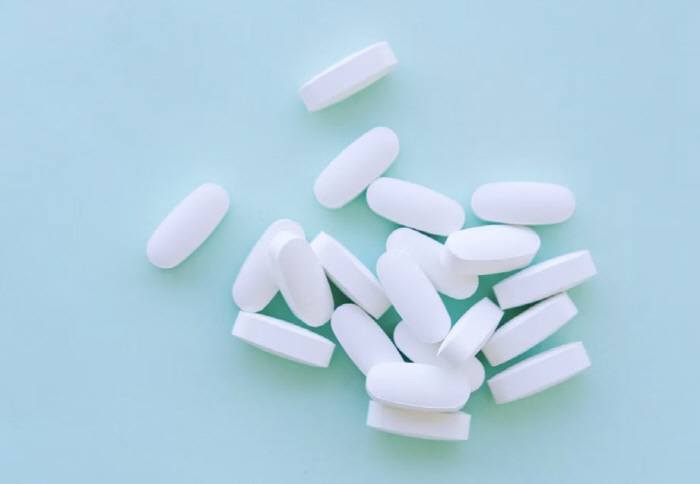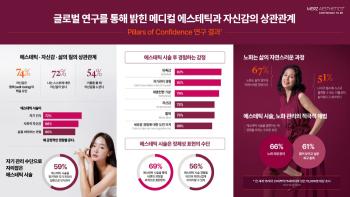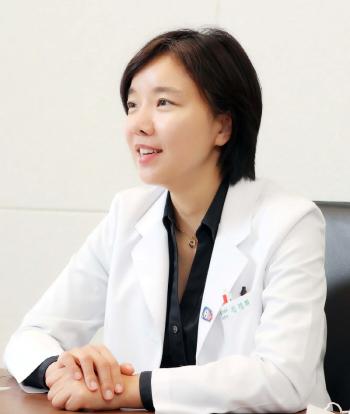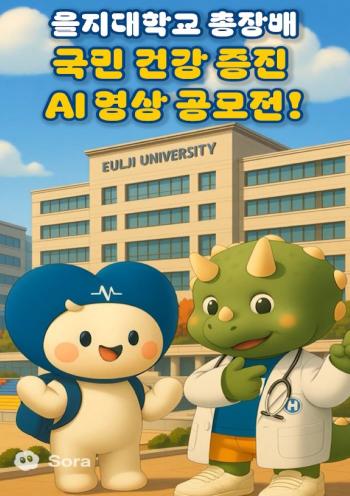Aspirin lowers risk of recurrence in certain colorectal cancer patients by 55%
Sep 19, 2025
|
Researchers at the Karolinska Institute in Sweden and Karolinska University Hospital conducted large-scale randomized clinical trials of 3,500 patients who underwent colon cancer surgery at 33 hospitals in four Nordic countries, including Sweden, Norway, Denmark, and Finland.
All of them had undergone tumor removal surgery, and among them, the researchers selected patients with genetic mutations in the signaling pathway 'PIK3 (phosphatidylinositol 3-Kinase, intracellular signaling system)'.
Half of the selected patients took 160 mg of aspirin per day for three years, and the rest received a placebo (fake drug).
As a result, the aspirin-treated group had a 55% lower risk of cancer recurrence compared to the placebo group.
The researchers found that "low-dose aspirin significantly reduced recurrence in patients with colorectal cancer with mutations in the PIK3 pathway."This is about a third of all colorectal cancer patients" he said.
Aspirin is a widely used nonsteroidal anti-inflammatory drug (NSAID) worldwide and is used to prevent blood clots as well as relieve pain and inflammation. This study is evaluated as the first case to prove the anticancer effect of aspirin raised in previous observational studies through randomized clinical trials.
However, the researchers pointed out that patients over 80 years of age were not included in the study, and that additional tracking of long-term survival rates was necessary.
In addition, aspirin is not recommended for patients with gastric ulcers, hemorrhagic diseases, and asthma because it may have side effects such as gastrointestinal disorders and bleeding tendencies. Care should also be taken when taking blood thinners or drinking alcohol.
The researchers say it is important to examine patients with colorectal cancer for PIK3 pathway mutations after surgery, and taking aspirin must follow the medical staff's judgment and guidelines," he stressed.
The study was conducted with the support of the Swedish Research Council and the Swedish Cancer Society, and the results were published in the international journal `New England Journal of Medicine'(NEJM).
This article was translated by Naver AI translator.














